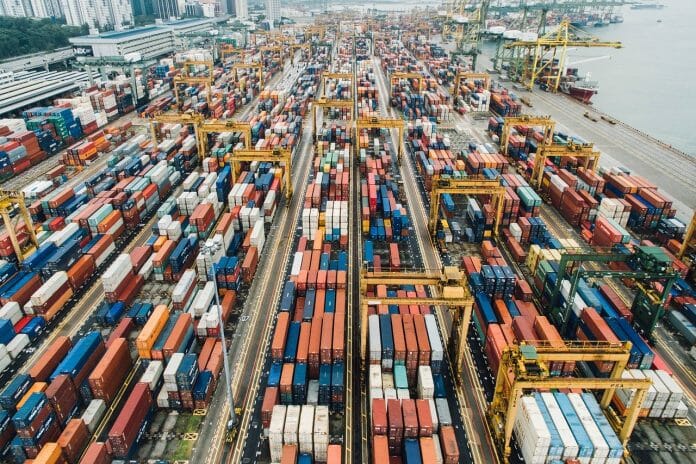Fitch Ratings has issued a statement indicating that economies in the Asia-Pacific (Apac) region and commodity exporters could face significant challenges under a severe downside stress scenario in China. According to the agency, this scenario could also lead to a dampening effect on international price pressures.
The statement highlighted vulnerabilities in countries such as Malaysia, Vietnam, South Korea, Taiwan, Hong Kong, and Singapore due to their strong economic ties with China.
The model used by Fitch also predicts slower real gross domestic product (GDP) growth for Middle Eastern energy exporters like Bahrain, Kuwait, Iraq, Qatar, and Oman.
However, Fitch noted that factors like Qatar’s long-term liquefied natural gas (LNG) supply contracts could mitigate the impact on its GDP, making its exports less sensitive to short-term shifts in Chinese demand.
Other commodity producers with exposure to Chinese demand, including Peru, Zambia, Chile, Australia, and Indonesia, are also expected to be affected.
The agency highlighted that more subdued Chinese demand could cool global inflationary pressure, potentially leading to monetary easing in some economies.
Fitch projected that Brent crude prices could be around 15% lower on average over 2024-2025 compared to baseline assumptions, with world metal prices over 20% lower on average over the same period.
“World metal prices would be over 20% lower on average, compared with our latest projections, over the same period.
“The main impact of the scenario on ratings is likely to be felt by low-rated sovereigns that face tight external financing constraints and have high dependence on Chinese commodity demand,” it said.
Fitch suggested that low-rated sovereigns facing tight external financing constraints and high dependence on Chinese commodity demand could experience the most significant impact on their ratings.
However, some commodity-importing economies may benefit from eased external liquidity strains due to lower commodity prices offsetting weaker Chinese demand.
The effects on ratings would also depend on other factors, including governments’ fiscal responses to the slowdown in China, according to Fitch.









